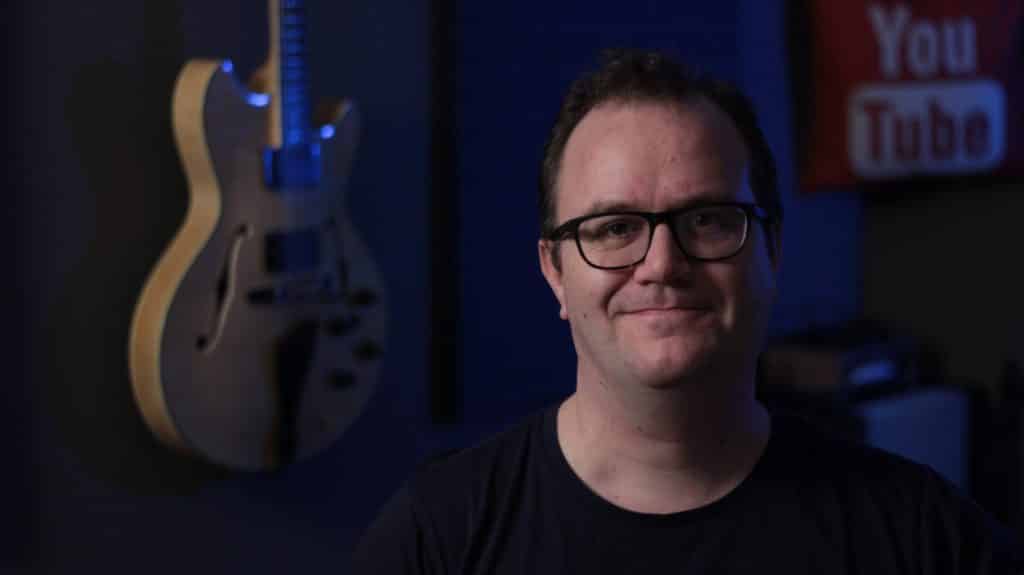Surely every beginner or more experienced musician has wondered about his or her own style. The desire for individuality and identity is understandable, but is it possible to create your own “style” of music from scratch?
The question is ambiguous because everything has already been invented in one way or another, because none of the great musicians and composers wrote music, as they say, “out of thin air”. Everything that is done is a kind of symbiosis of the music that we once heard. Even if you imagine that you will write something new and consider yourself as a creator of an “original idea”, in 99% of cases it will be music that somebody else composed before you. If it makes sense to talk about how to find your style of music, check out the Taketones website and see what styles musicians write their songs in.
What does it take?
The most basic advice that can be given is to just be yourself. Yes, it’s as trivial as that, but everything that comes next is not some divine revelation. It is necessary to try not to lose your individuality, not to be like everyone else, being guided by the surrounding factors and standards that are dictated to us by TV or the Internet.
This does not mean that you have to become some fringe person who denies all the modern foundations of society. It is enough just to be able to filter information, selecting for yourself only what is really necessary and important.
All of this sounds rather general, so here are more specifics:
- You shouldn’t try to copy your idol’s style of performance. Yes, that’s why they became your idol, because you like their music, but you should always strive for individuality.
- You don’t always have to take what’s trendy as a basis. There’s already a huge amount of one-size-fits-all music out there, so if you do the same thing, you’ll only become “one of a kind”.
- Don’t be afraid to start. Ridicule from friends? Read something bad on the forum? That doesn’t mean anything and shouldn’t worry about it. The main thing is that practicing music should bring you real pleasure, and the skills will come with practice.
- You don’t have to focus only on music. Find time for other things, to relax, to date, to draw, to live a normal life. It is very likely that these additional sources of inspiration will help you in your music as well.
- Be inspired by examples of great (in your opinion) musicians. Read their interviews – they often have good advice and thoughts that will be useful to the aspiring musician. It’s a kind of sharing of experiences.
- Experiment more. No one has yet learned how to ride a bike by reading the article “How do I learn to ride a bike?” You just have to get a bike and start pedaling – the logic here is as simple as possible.
- Find your musical instrument. This is an individual thing because some people like drums, some like guitar, etc. The musical instrument is the base from which you will form the style of performance that you like best.

It is impossible to invent new harmonies or rhythms, but the form of each musical composition can be original, from the smallest details to the whole. The form cannot be fitted into an unambiguous pattern, and the phrasing cannot be mathematically planned. It is here that all the predetermined elements of music (rhythm, harmony, harmony) gain freedom, becoming a whole – the musical language in which the musician communicates with his listeners.
An own musical style is formed of melodic, harmonic, rhythmic language and, of course, the ability to work with the form. Sting or the Beatles were not innovators in music either, but their sound is original and well recognizable, i.e. they did have their own style. And that’s what every musician should strive for.
Courtesy of Alex Deg.



